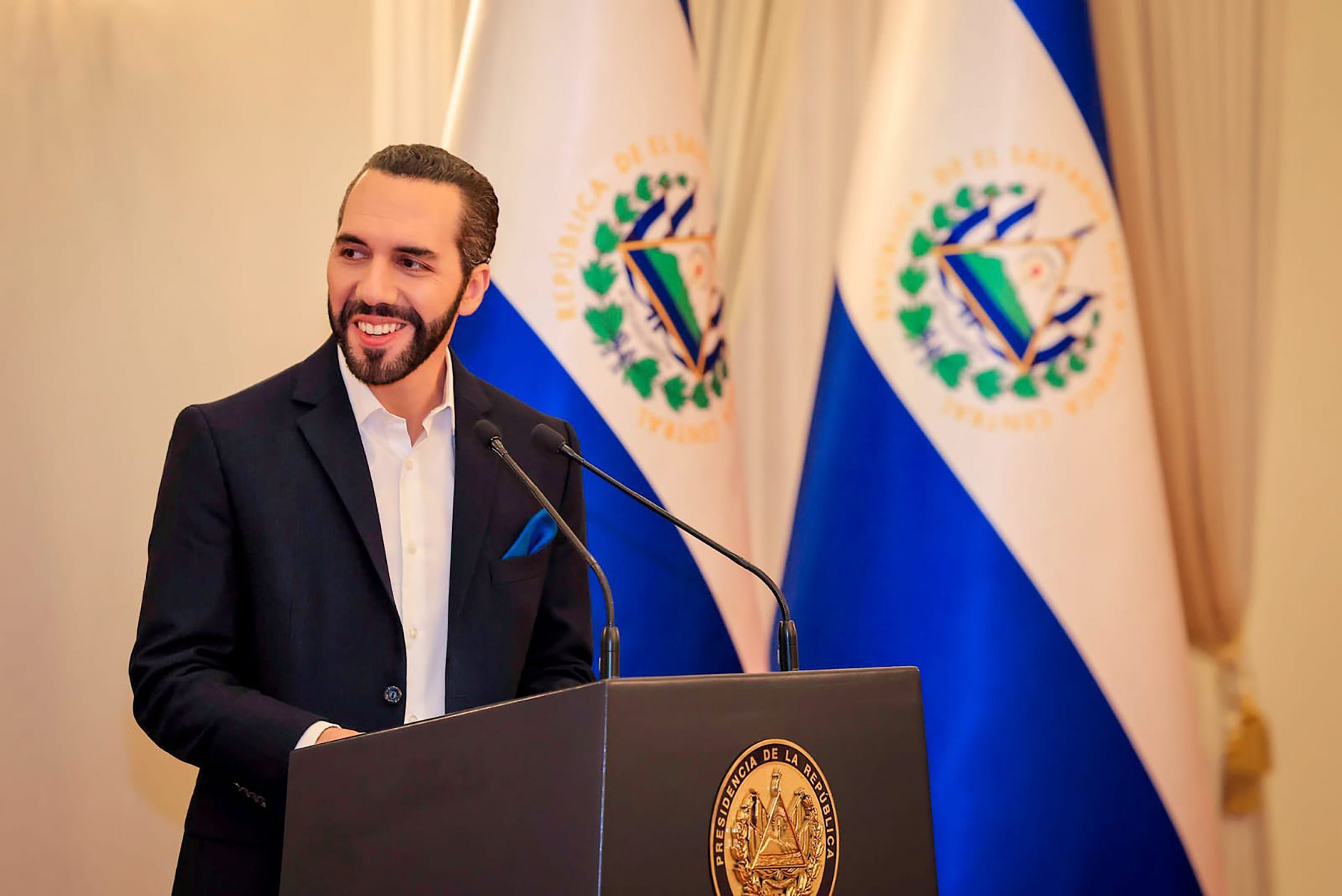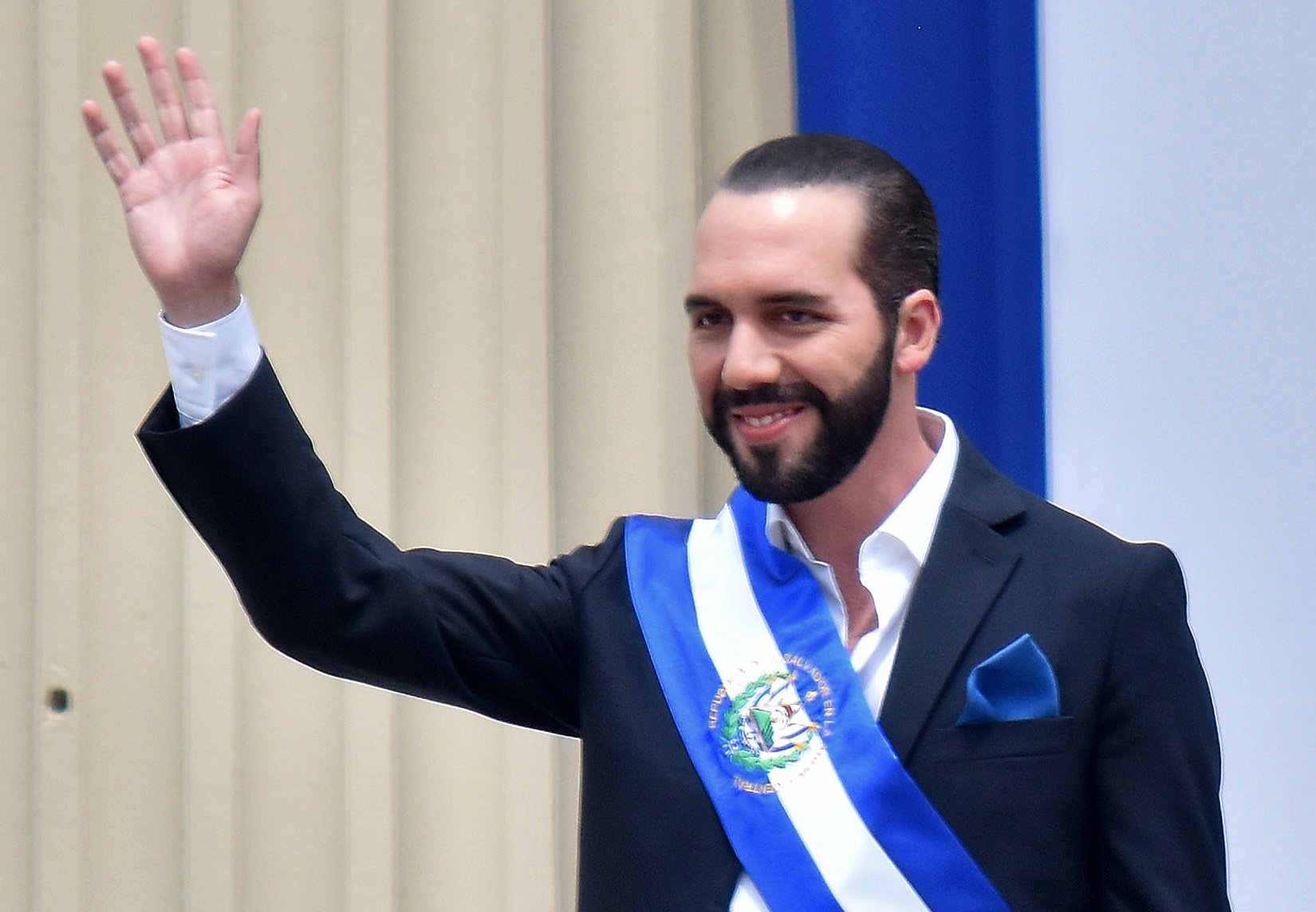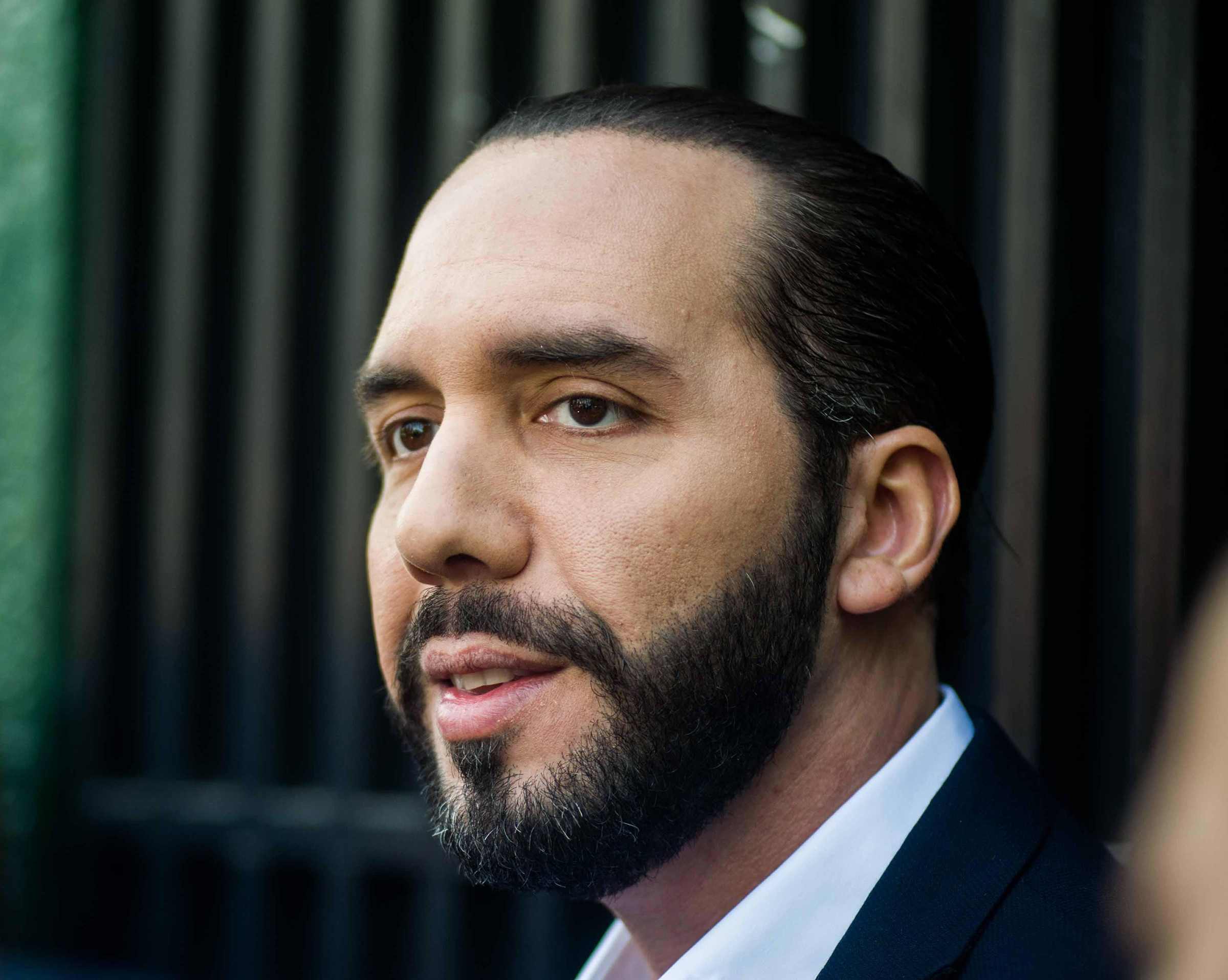Unraveling The Faith Of Nayib Bukele: Is The President Of El Salvador A Catholic?
In the realm of politics, there are few leaders as enigmatic as Nayib Bukele, the president of El Salvador. With a background in law and a penchant for social media, Bukele has been making waves in Central America with his unconventional style and unapologetic rhetoric. But amidst all the controversy and debate, one question has persisted: what's the faith of this fiery leader? Is Nayib Bukele a devout Catholic, or does his spirituality lean in a different direction?
As the story of Bukele's presidency unfolds, it becomes clear that his faith is a crucial aspect of his identity and his governance style. Whether he's invoking the Bible to justify his policies or hosting a weekly "Thoughts with Nayib" podcast where he shares his philosophical musings, Bukele's faith is woven into the fabric of his public persona.
On the surface, Bukele's Catholicism seems to be a given. He's often described as a devout and practicing Catholic, and his campaign slogans and public appearances frequently reference the importance of faith in his life. But as we dig deeper, it becomes clear that Bukele's relationship with Catholicism is more complex than initially meets the eye.
A Closer Look at Nayib Bukele's Catholic Upbringing
Growing Up in a Faithful Household
Nayib Bukele's Catholic upbringing was marked by a strong sense of spirituality and a deep connection to the faith community. Born on July 24, 1981, in San Salvador, El Salvador, Bukele was raised in a devoutly Catholic household by his parents, Maria Elvira Garcia Corrales and Mariano Bukele Patazo. His parents were both adherents of the Church, and their values and faith were deeply ingrained in their son's life.
Influences from the Catholic Church
Bukele's Catholic education had a profound impact on his worldview and shaped his perspective on politics and governance. He attended the University of San Salvador, where he studied law and was exposed to the teachings of the Catholic Church. The Church's emphasis on social justice, compassion, and community service resonated deeply with Bukele, and he has often cited the Church's teachings as a source of inspiration for his policies.
Challenges and Doubts
Despite his Catholic upbringing, Bukele has also expressed doubts and challenges about the faith. In a 2019 interview with El Faro, he spoke candidly about his struggles with Catholicism, stating, "I'm not a theologian, I'm not a priest. I'm a politician." This admission highlights the tension between Bukele's faith and his role as a politician, where pragmatism and compromise often take precedence over ideology.
Exploring Nayib Bukele's Non-Catholic Influences
Influence of Evangelical Christianity
While Bukele's Catholic upbringing has undoubtedly shaped his worldview, his presidency has also been influenced by Evangelical Christianity. He has been a vocal supporter of evangelical leaders and has frequently invoked biblical language to justify his policies. For example, in 2019, he described himself as a "Reformer" and a "Critic of the System," language that echoes the themes of Protestant reformers like Martin Luther.
Importance of Family Values
Bukele's faith has also been influenced by his strong sense of family values. He has been married to Judith González de Bukele since 2018, and the couple has two children together. Bukele has frequently spoken about the importance of family in his life and has used his platform to promote conservative family values. This emphasis on family has been a hallmark of his presidency, as he has worked to strengthen the institution of marriage and family in El Salvador.
Challenges of Balancing Faith and Politics
Balancing Spiritual and Secular Demands
As president, Bukele has faced challenges in balancing his spiritual demands with the demands of the secular state. He has often used his platform to promote his personal faith, but this has led to tensions with secularists and atheists who see his actions as an infringement on their rights. For example, in 2020, he sparked controversy by inviting the Vatican's ambassador to El Salvador to a state dinner, sparking accusations of favoritism towards the Catholic Church.
The Role of Religion in Politics
Bukele's presidency has also raised questions about the role of religion in politics. As a Catholic president, he has been seen as a champion of faith-based initiatives and policies. However, his emphasis on faith has also raised concerns about the separation of church and state. In a 2020 interview with The New York Times, Bukele acknowledged the risks of conflating politics and faith, stating, "I think it's a big mistake to mix politics and religion. But at the same time, I think it's a mistake to ignore the fact that many Salvadorans see their faith as an integral part of their identity."
Nayib Bukele's Spiritual Philosophy
The Pursuit of Meaning and Purpose
Bukele's spiritual philosophy is centered on the pursuit of meaning and purpose. He has spoken about the importance of finding one's own " camino" or path in life, and has encouraged his followers to seek their own spiritual journeys. This emphasis on personal growth and self-discovery has resonated with many Salvadorans who are seeking a sense of purpose and direction in their lives.
The Power of Prayer and Reflection
Bukele is also a strong advocate for the power of prayer and reflection. He has frequently spoken about the importance of taking time to reflect on one's actions and decisions, and has encouraged his followers to seek guidance through prayer and meditation. This emphasis on spiritual discipline has been a hallmark of his presidency, as he has
Da Vine Joy Randolph Weight
Google Places Local Rank Tracker
Who Is Brittany Forcengaged To
Article Recommendations
- Chudney Ross
- Lara Diabla
- Jesse Plemons Breaking Bad
- Sophie Maga
- Sondra Blust
- Kim Kardashian Pregnant
- Abby Berner
- My Pillow Net Worth
- Marie Temara Fansd
- Nicole Briscoe



